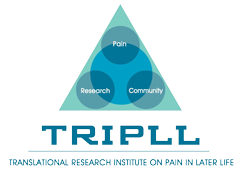Nurses’ Opinions on Pain Assessment for Older Adults
allison2018-10-01T00:00:00-04:00In Pain Management Nursing, a recent study evaluated the opinions of registered nurses regarding pain and the assessed need for pain medication for elderly patients through the use of questionnaires. The study consisted of 56 nurses municipal nursing homes and municipal home care. Full Story
